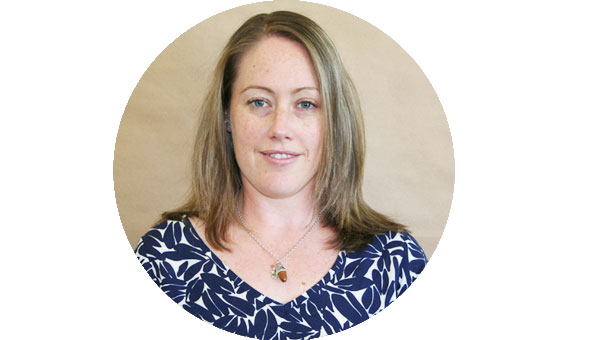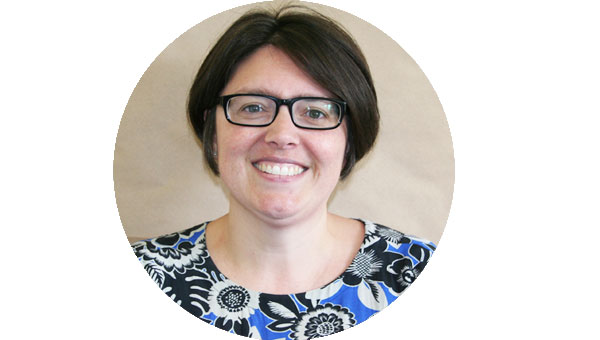Outpatient follow-up appointments occur when patients are asked to return to hospital to have their progress checked, to undergo tests, or to get test results
Opportunity
- Our outpatient services complete approximately 20,000 appointments each month; approximately 17,000 (70%) are follow up appointments. We do not have the capacity to see all patients currently being booked for outpatient follow-up clinics
- Currently there are >25,000 overdue planned follow-up appointments and >22,000 already planned for the future that we do not have the capacity to see
- Overdue follow-up appointments date back to 2011. Future follow-up appointments have been scheduled for as far ahead as 2029
Follow-up appointments have a significant impact on patients and their whānau including time off work; making child care arrangements; transport and parking costs; and waiting in clinics. Whilst some follow-up appointments are clinically required, a large proportion are unnecessary.
- Planned appointments include patients awaiting test results who do not need a face-face follow-up appointment; and there are patients whose clinical note says ‘discharge’ but were not
- Planned appointments are inconsistently managed and reviewed by each service, and there is insufficient information to prioritise and identify patients that do not actually need to be seen
Reducing unnecessary follow-up appointments will improve the experience of patients and their whānau and will increase our capacity to see new patient referrals.
Aim
We want to change how our clinicians approach outpatient follow-up appointments by streamlining and standardising appointments, considering alternatives to a consultant-led hospital-based outpatient appointment and applying innovative technologies.
We are aiming for:
- effective and innovative outpatient services with the right patients being seen by the right people, at the right time and in the right place
- patients and whānau have an excellent experience with outpatient follow up care
Intervention
i3 is leading a group of projects that are part of a larger, organisation-wide Outpatient and Elective Services Improvement Programme. The Programme includes 40 projects. There hae been two workshops held to prioritise projects and develop a "Future State Vision".
Outpatients and Elective Services Improvement Programme and Future State Vision
i3 is leading the following projects:
- Development of an electronic outpatients data dashboard with Qlik Sense
- Development and testing of a proof of concept electronic outpatients outcome form [View more]
- Future outpatient clinic models of care and innovation including:
- SOS appointments (patient-generated appointments)
- Virtual appointments
- Telehealth-enabled appointments
- An on-line booking and kiosk system
Electronic outpatients data dashboard
Impact
| Attended Appointments | Attended Follow-Up | |||
| Total | Mean | Total | Mean | |
| 2012 | 203,012 | 16,617 | 132,326 | 11,028 |
| 2013 | 215,453 | 17,954 | 141,181 | 11,765 |
| 2014 | 231,615 | 19,301 | 151,005 | 12,583 |
| 2015 | 242,578 | 20,214 | 158,635 | 13,219 |
| 2016 | 225,189 | 18,765 | 159,143 | 13,261 |
| 2017 (exc Jun) | 226,754 | 20,614 | 145,194 | 13,264 |
12% increase in outpatient appointments and 10% increase in follow ups in last five fiscal years
We have developed an electronic outpatients dashboard that allows ‘drill down’ to individual patient and clinician level [link or picture]. Electronic outpatient outcomes will be incorporated in the dashboard once these are available. This will enable each service to prioritise patients, streamlining and standardising of appointments, and manage outpatient appointments in real-time.
We will update progress.
Project Team
Executive Sponsors
- Dale Bramley, CEO (Leapfrog Programme Sponsor)
- Cath Cronin, Director of Hospital Services
- Penny Andrew, Director of i3
- Robyn Whittaker, i3 Clinical Director of Innovation
Team Members
- Kelly Bohot, i3 Innovation + Improvement Project Manager
- Jenna Jacobsen-Toeono, i3 Informatics Fellow
- Vanessa Selak, i3 Public Health Physician

Kelly Bohot

Dr Vanessa Selak



